When you earn a leadership position within your organization, it’s generally a sign that you’ve worked hard and come a long way in your career. It takes knowledge, experience, and a special skill set to lead a team of professionals.
But just because you’ve gained the knowledge required to take on a leadership role doesn’t mean there isn’t more to learn. There’s always room for growth, no matter where you are in your career. For organizational leaders, one of the best ways to nurture that growth is through executive coaching.
So what exactly is executive coaching, and how can it help you become the best leader you can be? Here is what you need to know.
What Is Executive Coaching?
Executive coaching is a method of professional development in which organizational leaders work with a coach — individually or in groups — to identify and strengthen weaknesses, sharpen leadership skills, understand inherent biases, and become the best versions of themselves that they can be.
There are many hurdles that you may encounter when you step into a new position. As experienced as you may be in your field, these obstacles often require a different approach and brand-new skills to overcome. Executive coaching can help you tailor your approach and acquire the right skills to succeed in your new role.
How Valuable Is Executive Coaching?

Organizational leaders are busy, so the concept of dedicating time to coaching may seem daunting. You may wonder if it’s worthwhile.
The numbers show strong support for the value of executive coaching. A study by Metrix Global found that executive coaching can provide a 788% return on investment for the organizations that prioritize it.
On top of that, a study by the International Coaching Federation found that 96% of organizations that used an executive coach planned on repeating that process because of the value the coach brought to individual, team, and organizational performance.
The Benefits of Executive Coaching
What can executive coaching bring to your organization specifically? Take a closer look at some of the major advantages this form of leadership development has to offer.
Objective Perspective
It can be difficult to look at the issues and challenges your organization faces from an objective viewpoint when you and your colleagues face those issues on a daily basis. Executive coaching allows for leadership to gain some outside perspective, which can bring a more effective approach to problem-solving.
Solid Self-Awareness
Executive coaching allows leaders within your organization to take a closer look at their approach to leadership so that they can recognize their strengths, acknowledge their flaws, and work to improve both. This awareness is the first step toward growth and development in any position.
Helpful Feedback
Power dynamics within an organization can make it harder for leadership to gain and apply useful feedback the higher up the ladder they move, but that doesn’t mean it’s not helpful to receive constructive criticism, no matter where you stand on the organizational hierarchy.
Executive coaching can provide leaders in your organization with honest, constructive feedback that can allow them to remain grounded, maintain perspective, and continue to work on their approach.
Improved Productivity and Employee Engagement

The benefits of executive coaching can extend beyond your leaders to reach all of your employees. With effective leadership, employees can be more productive and more likely to engage meaningfully with the team.
Leveraging the Advantages of Executive Coaching
Executive coaching can foster growth in both your leaders and your organization as a whole. By prioritizing the development of your organization’s leaders — or your own leadership skills — you invest in one of the most essential elements of your organization, effectively setting your team up for success.


